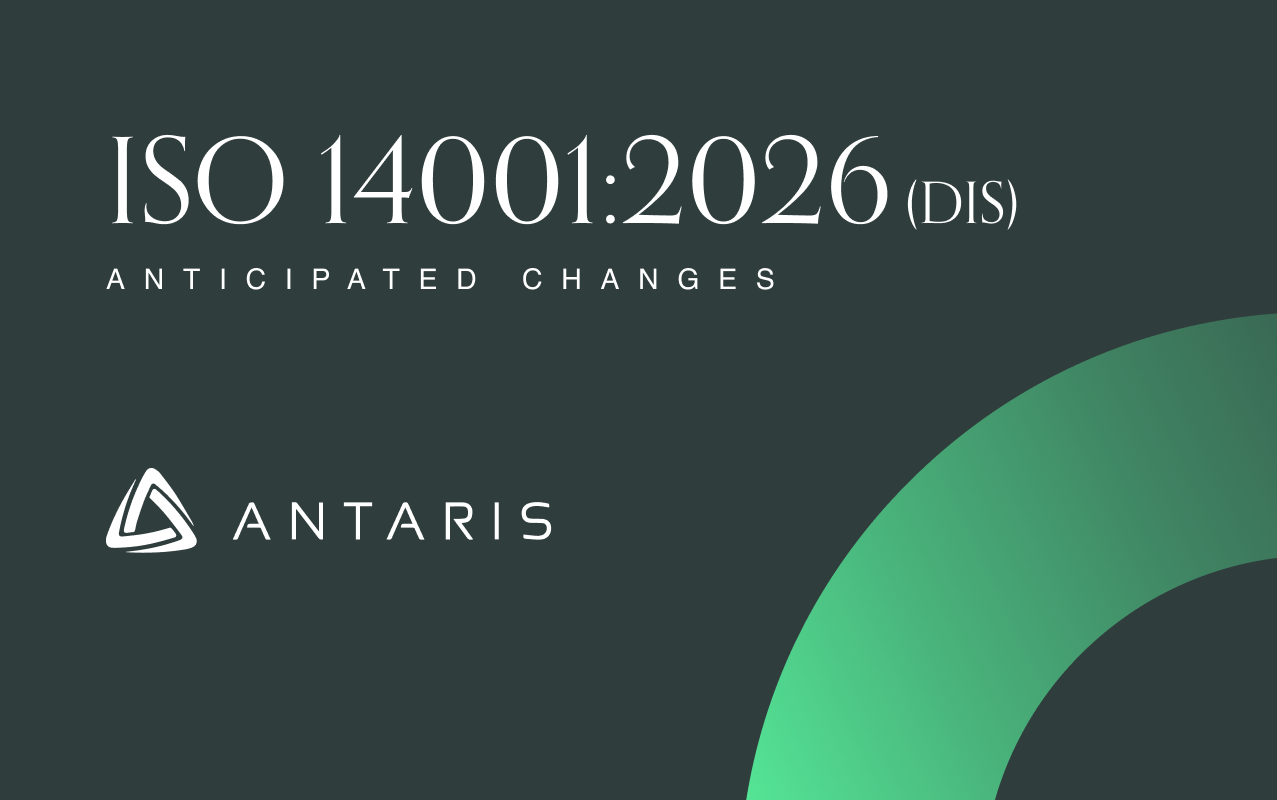At the beginning of this year, Antaris was appointed s by the Minister for Environment, Climate and Communications (DECC) to provide facilitation and reporting services for three hybrid Sustainable Development Goals Stakeholder Forums in 2023.
An SDG Forum Committee (SFC) has been established to lead the design of the Forum series and to act as an enabling mechanism for the implementation of the 17 Sustainable Development Goals (SDGs) in alignment with Ireland’s commitment under Agenda 2030.
In particular, the committee will help identify the most appropriate forms of collaboration to ensure stakeholders feel a sense of ownership of the Forum and can more easily recognise their contribution to the successful implementation of Agenda 2030.
In this context, Antaris Consulting has been delighted to offer its services for the provision of facilitation and reporting services on the National Stakeholder Forum on the Sustainable Development Goals.
Throughout the forums, our strategic objectives are:
- To embed the SDG framework into the work of Government Departments to achieve greater Policy Coherence for Sustainable Development.
- To integrate the SDGs into Local Authority to better support the localisation of the SDGs.
- Cultivate partnership opportunities for Goals.
- To further incorporate the principle of Leave No One Behind into Ireland’s Agenda 2030 implementation and reporting mechanisms.
- Support strong reporting mechanisms.
Antaris’ approach has been to create safe spaces for stakeholder groups, people, ideas, resources, information, and technology to “conflict” and “connect.” We identify conflict as the creative force that allows new ideas and innovations to collide and emerge into adaptive solutions to complex problems. Our goal is to enable the catalytic collision between conflict and connection.
We completed Forum 1 on January 17th 2023, under the premise of gaining clarity around the extent to which the Forum can impact a complex system. We correlated this with its understanding of the reality within which it exists. We then recommended leveraging the Forum’s size to work dynamically with break-out groups to explore system-level forces and the relationships between them.
The bulk of the launch phase took place in advance of this first Forum, however, the themes and assumptions identified in the launch phase are being reviewed and revised in advance of each of the subsequent two forums.
The goal of Forum 2 will be to find and understand the leverage points that, if engaged, have the greatest potential to create positive change with comparatively modest effort. The Forum would use its structure of relationships to stress test the logic of its hypotheses and evaluate how well each approach may fit with the overarching Guiding Star. This will provide the foundation for moving forward and acting strategically.
At the third stage, the Forum will have developed a menu of leverage opportunities. The framing question for Forum 3 will be positioned as how to create a coherent systems-change strategy that maximises the potential to make a system-level impact through SDG implementation. The quest involves exploring how different leverage areas may intersect or support each other to develop a strategy. In the final report, there will be an opportunity to animate the strategy through compelling narrative and visualisation.
We envisage each Forum meeting working dynamically with the three modes for leaving no one behind, seeking engagement, accessing imagination and mediating alignment to enable a shared understanding of what effective and consistent SDG implementation requires and accountability for making it happen.
In our first forum a wide variety of speakers discussed their lived-experiences, held workshops and performances and participated in panel discussions. With everything from ‘The Experience of Living in Ireland as a Refugee’ to ‘How Can a Pandemic Treaty Help Ensure No One is Left behind?’ offered as discussion points.
The Antaris team behind this work is led by Geoff Dooley, Head of Sustainability Services at Antaris. Bruce Harper, Senior Environmental & Sustainability Consultant, is also integral to the activation of this project. Aurora Leyton is a Sustainability Consultant on the project and Liam Regan closes out the team as our senior Energy Consultant, experienced energy engineer and accomplished quality practitioner.
The unique advantages of Antaris are experience and highly skilled and knowledgeable personnel. We are fully committed to the principles and values of quality, health and safety and environmental management and we are certified to:
– ISO 9001:2015, quality management system standard,
– ISO 14001:2015, environmental management system standard,
– ISO 45001:2018, health and safety management system standard,
– ISO 27001:2017, information security management system standard, and
– ISO 27701:2019, privacy information management system standard.
Antaris is also certified to Excellence Through People 1000:2017 GOLD, the National Human Resource Management Scheme, with the NSAI. We are the only technical consultancy to achieve this distinction in Ireland.
We practise what we preach and have committed to reducing our absolute Scope 1 and Scope 2 GHG emissions by 50% by 2030 from a 2019 base year, and to measure and reduce our Scope 3 emissions. Antaris has backed up this commitment by becoming a signatory to the science-based target initiative (SBTi), a collaboration between the Climate Disclosure Project, the United Nations Global Compact, World Resources Institute (WRI) and the World Wide Fund for Nature (WWF). The SBTi has assessed and approved our targets aligned with a 1.5°C scenario. By doing so Antaris has joined the growing group of leading companies that are setting emissions reduction targets in line with what climate science says is necessary.
We are also members of 1% for the Planet, committing us to donate 1% of our annual gross revenue to grassroots environmental organisations dedicated to protecting our planet. Members recognise their responsibility to and dependence on a healthy environment and donate at least 1% of their total annual sales to environmental organisations worldwide.








